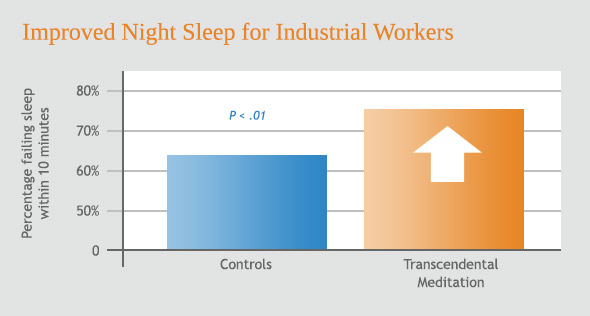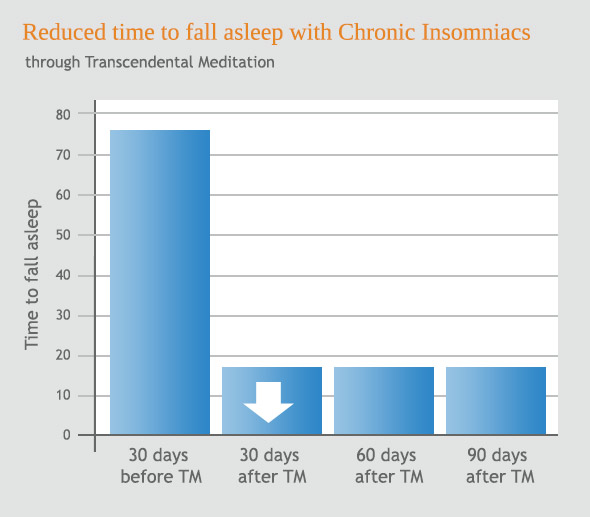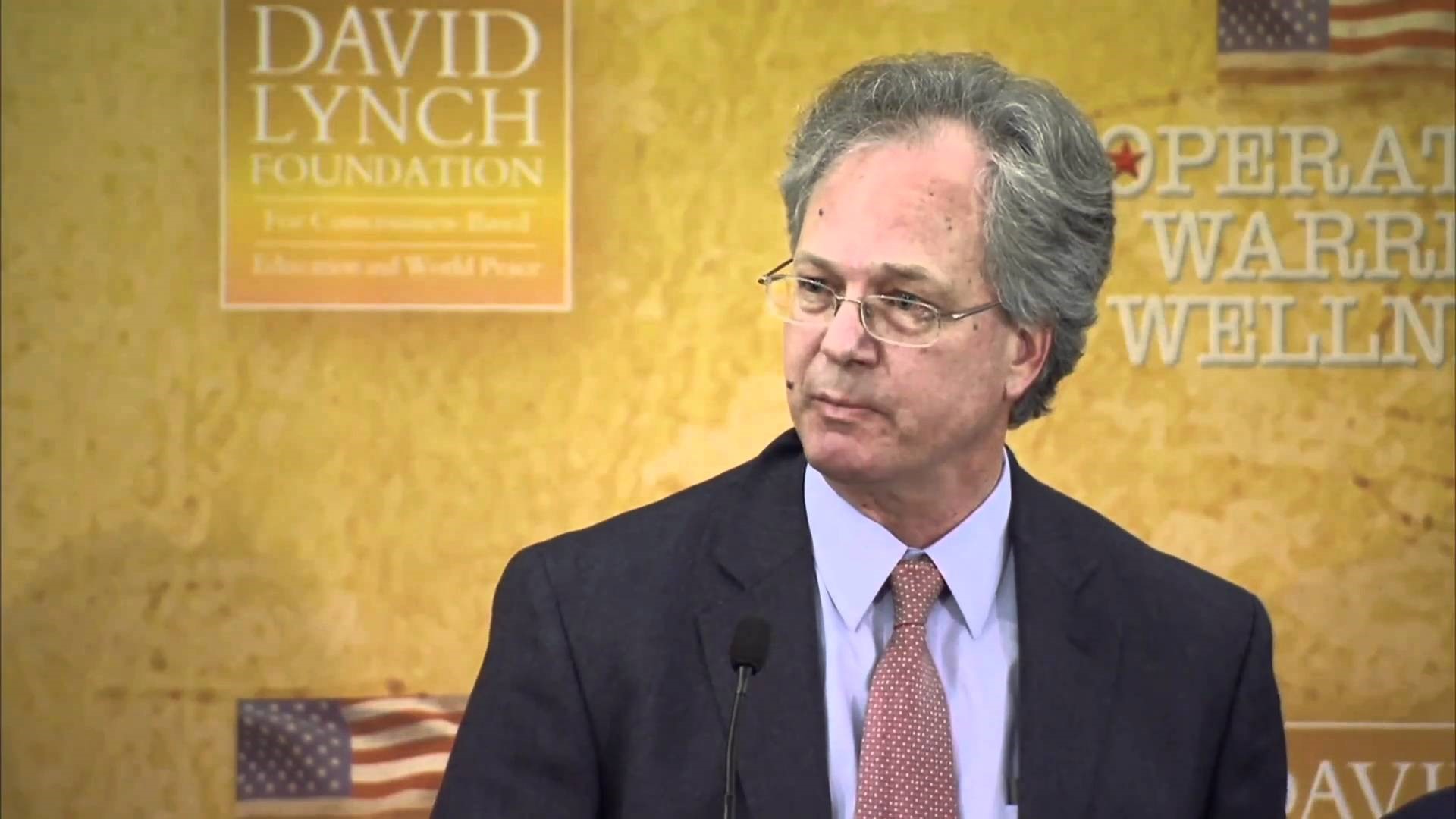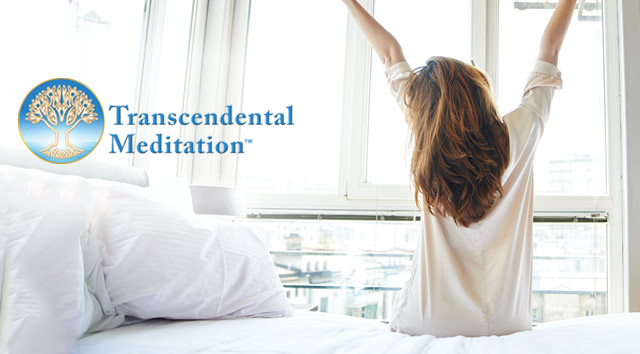The secret to a good night's sleep
If you are the kind of person that has trouble falling asleep at night, or wakes up at 3am worrying about work, or maybe just feel rubbish first thing in the morning, you are not alone. Statistics show that insomnia is a major problem in western societies, with as much as 25% of adults reporting regular occurrences of sleep deprivation.
However you might be interested to discover that stress may be the culprit and therefore a remedy is available.
Tell me more?
There are many reasons for insomnia and sleeping difficulties, but the most frequent cause is anxiety and stress. Sleep is supposed to bring rest and rejuvenation, but if the mind and body have built up an accumulation of stress and strain, this can interfere with the natural functioning of the nervous system.

When we're tired, we don't think as clearly, are more distracted, and take longer to complete our tasks. We also may stay up too late trying to finish off what didn't get done due to inefficiency during the day. All this ends up creating a vicious cycle of fatigue, lack of rest, too much activity, and more fatigue.
According to Neil B. Kavey from National Sleep Foundation, stress causes insomnia by making it difficult to fall asleep and to stay asleep, and by affecting the quality of your sleep. Stress causes hyperarousal, which can upset the balance between sleep and wakefulness.
An insomnia hack?
The way to break the cycle is to give the whole physiology a dose of profound inner rest, or stillness.
Just a short 15/20 minute power break can get us off that roundabout and activate the body's own healing power. Doing this a couple of times every day can gradually remove all the stress, strain and fatigue from our body.
Indeed, scientific research shows that meditation, specifically Transcendental Meditation (TM) has been proven to help with insomnia.

Japanese Journal of Public Health 37 (10 Suppl.): 729
A study carried out by the Japanese National Institute of Industrial Health, established that 427 employees of a large industrial company (Sumitomo Heavy Industries) who learned TM were able to fall asleep more easily after 3 months than the control group of 308 employees at the same work place.
Transcendental Meditation is a simple, easy technique that you practise sitting in a chair with the eyes closed. From the outside, it looks like you are having a nap!
Over 7 million people have learnt in the past 50 years and there is a ton of research on it.
Less stress = better sleep

"Practising Transcendental Meditation can help you drift away from your internal critic, which is the voice in your head that leaves you anxious and stressed. Moreover, freedom from constant inner-chatter and ramblings can have a profound healing influence on your mind, leaving you deeply rested and relaxed."
Bridget Webber, helpmetosleep.org
The first TM research on insomnia was a small pilot study at the University of Alberta in Canada. A group of insomnia patients was asked to register the average amount of time it took to fall asleep, for 30 days prior to learning TM, and for 30, 60 and 90 days afterwards. The average time dropped from 75.6 minutes to 15 minutes and remained stable at that time.
A subsequent study showed that also in the long term, after 1 year, the time needed to fall asleep remained stable around 15 minutes.
Wow. From over an hour to under 15 minutes to fall asleep!

DE Miskiman, The Treatment of Insomnia by the Transcendental Meditation Program, Scientific Research on the Transcendental Meditation Program, Graduate Department of Psychology, University of Alberta, Edmonton, Canada, published in Collected Papers, Vol. 1, ISBN 90 71750 04 3 eds. D.W. Orme-Johnson and J.T. Farrow. New York: M.E.R.U. Press, 1977d
One of the most common causes for sleeping problems is an abnormally low level of serotonin, sometimes called the "happiness hormone". Stress is a big influence on serotonin production in the body.
The practice of Transcendental Meditation increases the serotonin level spontaneously and reduces the level of stress-related hormones which affects a large number of areas in life, particularly the quality of sleep.
Interested to find out more? Scroll down and come to a free one hour talk from a qualified TM teacher.
Proven to reduce anxiety
"I WAKE UP KNACKERED, I try not to fall asleep at my desk … then stagger to my sofa, pass out in my clothes and crawl into bed for another night of infuriatingly broken sleep. I'll almost be asleep and suddenly my mind will shriek: 'Have you remembered to set your alarm?' or, 'You didn't reply to that woman yesterday, you idiot …'
TM works for me. I find it profoundly relaxing. I am much less tired than I was a month ago. My sleep is deep and unbroken …"
Stuart Heritage, The Guardian, March 2014

Won't I fall asleep if I try to meditate?
Here is a doctor's response to that question:

"This is simply an indication that you are in need of rest and likely have a "sleep debt." Transcendental Meditation provides a profound level of rest and over time it will assist you in "paying off" the "sleep debt," leaving you feeling more clear and more energetic during the day."
Dr. James Krag, M.D. (Fellow of the American Psychiatric Association and president of the Psychiatric Society of Virginia)"
All round well-being
Practising Transcendental Meditation on a regular basis allows you to throw off accumulated stress. Research indicates that the regular practice of TM improves health, including psychological well-being. Scientists estimate that 70 to 90% of disease is stress related, so if you have a mechanism for reducing stress, it improves your overall health and all aspects of your life.
If 20 minutes of TM twice a day can break that cycle, it is well worth doing and will end up saving more time than it takes.
TM has been shown to provide a deep state of rest that refreshes both the mind and body. This results in improved sleep, increased job productivity, creativity and intelligence, as well as reduced anxiety, another drain on energy.
Most people find they spend 15–20 minutes here or there during the day just relaxing with the news or a magazine, chatting or otherwise trying to get themselves motivated. TM is time taken truly for oneself. Coming out of meditation, the mind is more settled and clear, which in the morning leaves you ready to dive into your work and in the evening refreshes you to enjoy your life more fully.
A wise investment
If you want to find out more, register for the next free introduction at your nearest TM centre. It could be one of the best decisions you make!


















